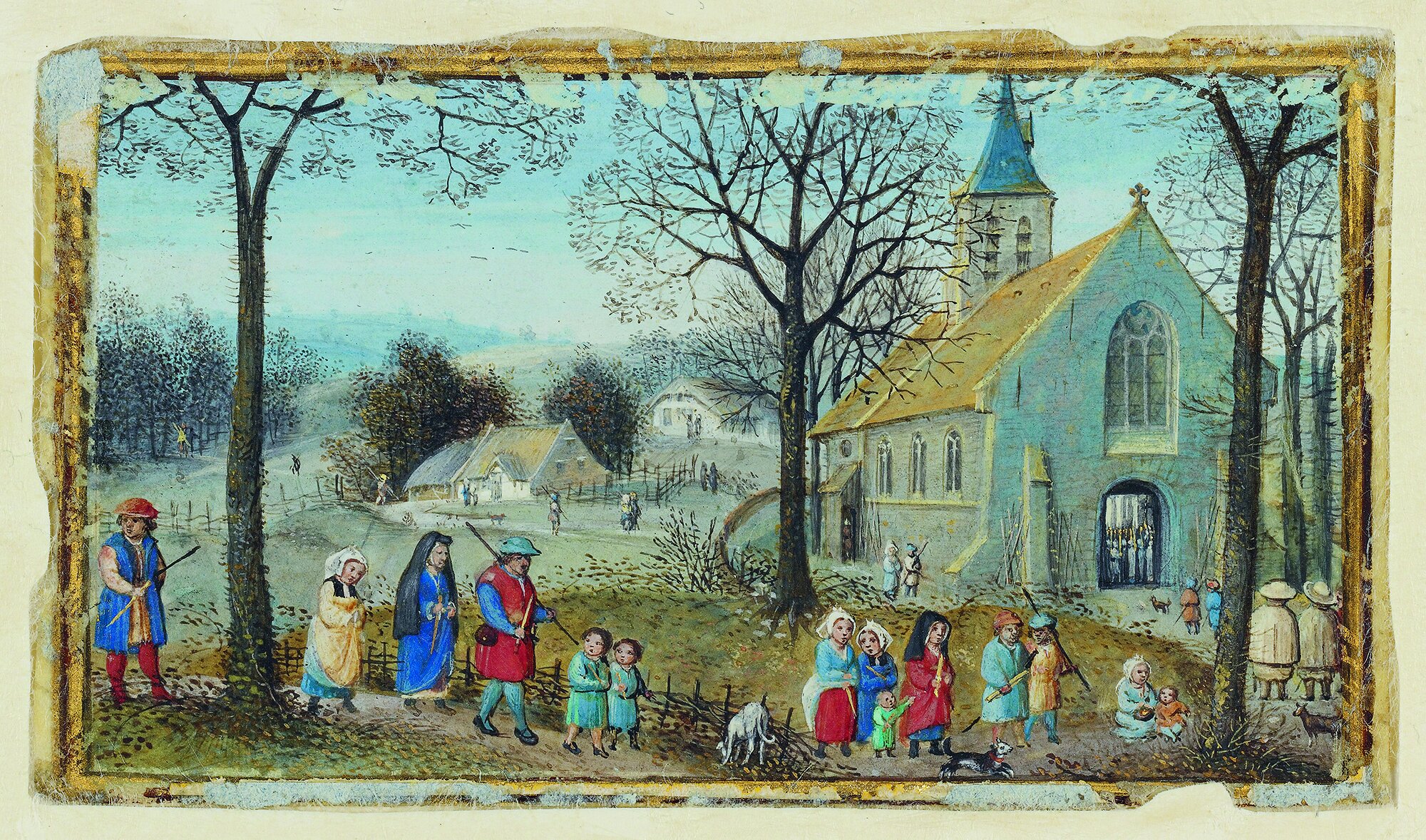A Year of Great Promise: Nicolas Orme (1480)
Nicholas Orme, author of Tudor Children
In the last decades of the fifteenth century, life in England was finally starting to settle down after years of upheaval and conflict during the Wars of the Roses which had riven society since the mid 1450s. Waves of Plague had decimated the population, causing widespread distress but providing unexpected opportunities for those who survived. The cultural and political landscape were ripe for change.
*** [About our format] ***
This week is the distinguished historian Nicholas Orme takes us to 1480, ‘a cusp year’, as England begins to tilt in its language, its education, its understanding of history, and its geographical ambitions, towards the themes that would create the conditions for the Tudor Period that followed.
William Caxton’s printing press was flourishing in Westminster, he published hundreds of books in English that helped to standardise the language and encouraged people to learn to read in far greater numbers. Many of these were textbooks, destined for the shelves of the new generation of schools that were being founded as part of a huge expansion of education.
The variety of reading material increased dramatically, bringing subjects like geography and mathematics to new audiences. Elsewhere, voyages of discovery were being planned, the new world was just beyond the horizon and twelve years later Christopher Columbus would land in the Bahamas.
***
Nicholas Orme’s latest book is Tudor Children.
*** Listen to the Podcast ***
Show Notes
Scene One: Westminster. William Caxton's shop, where he is selling books, 80% of them in English, including his printed edition of Chaucer's Canterbury Tales which helps to develop the 'King's English', based on the Midlands dialect.
Scene Two: Oxford. William Waynflete is opening his new grammar school, Magdalen College School, which for the first time is going to teach classical, rather than medieval, Latin and bring England into the Renaissance. It will also be the first school to use printed textbooks.
Scene Three: Bristol. William Worcester is measuring and describing the streets of the city: the first ever historical survey of an English town. William was also interested in the Portuguese discoveries in Africa and the fact that, in the summer of 1480, his nephew John Jay sent a ship to try to cross the Atlantic. It did not succeed, and was blown back by gales, but 17 years later John Cabot did sail from Bristol to Newfoundland.
Memento: Second edition of Chaucer’s Canterbury Tales published by William Caxton.
People/Social
Presenter: Violet Moller
Guest: Nicholas Orme
Production: Maria Nolan
Podcast partner: Yale University Press
Theme music: ‘Love Token’ from the album ‘This Is Us’ By Slava and Leonard Grigoryan
Follow us on Twitter: @tttpodcast_
See where 1480 fits on our Timeline
About Nicholas Orme
Nicholas Orme is well known for writing about the more unusual aspects of history: education, childhood, churches, ecclesiastical life and swimming. His recent book Going to Church in Medieval England was widely acclaimed, during his career he has opened fascinating new avenues into the everyday life of the past.
Tudor Children, his latest book and the first on this subject, takes the reader from birth to adulthood through the themes of work, play, religion and education redressing myths along the way, for example, the average age of marriage was 25 for a woman and 29 for a man – only the very noble were wedded in their early teens. Nicholas Orme is Emeritus Professor of History at Exeter University, he has written more than thirty books.
Candlemas procession, by Simon Bening (Getty Library, California)
Fifteenth century faces
Anne Neville and her two husbands (Wiki Commons)
William Caxton showing specimens of his printing to King Edward IV and his Queen
Complimentary episodes
The Dissolution of the Monasteries: James Clark (1540)
The dissolution of the monasteries, James Clark argues, was ‘the great drama of Henry VIII’s Reformation.’ In this episode he tells us why.
The Year Our World Began: Felipe Fernández-Armesto (1492)
In this week’s brilliantly insightful and entertaining episode we set out on a journey to glimpse 1492 in three telling scenes. Our guest is one of the finest imaginable: Felipe Fernández-Armesto.
Ruthlessness and Richard III: Thomas Penn (1483)
In this episode of Travels Through Time, Penn guides us back to the blackest year of them all: 1483. This was the year that Richard Duke of Gloucester conceived a ruthless plan to seize the English throne for himself.
Gutenberg’s Printing Press: Susan Denham Wade (1454)
Few inventions have reshaped human society like the printing press. In this absorbing episode the author Susan Denham Wade takes us back to a little workshop in the city of Mainz, to witness a magnificent moment in technological history.











